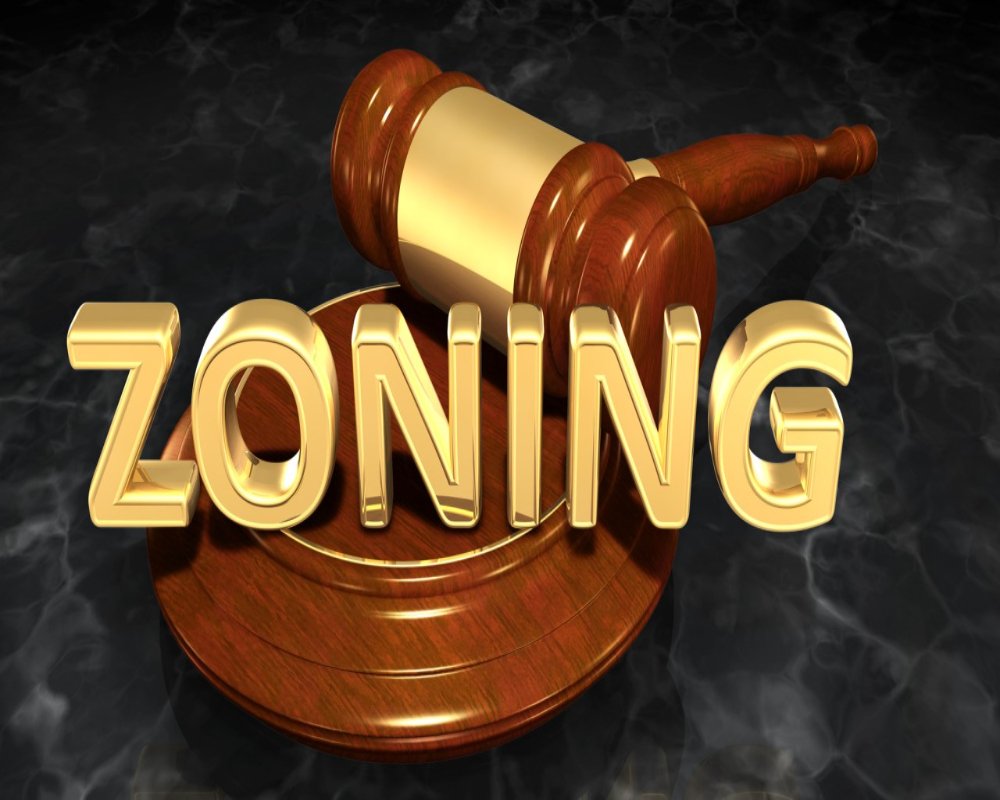1. Local Planning Commission
The Planning Commission is often the first authority to review zoning change requests. This body:
- Evaluates whether the proposed change aligns with the community’s master plan
- Assesses land-use compatibility, infrastructure capacity, and environmental impacts
- Makes recommendations to higher governing bodies based on findings
While it does not have the final say, the Planning Commission’s input carries significant influence in the approval process.
2. City Council or County Board
The City Council (in urban areas) or County Board of Supervisors (in rural regions) typically holds the final decision-making power. They:
- Conduct public hearings to gather community feedback
- Review the Planning Commission’s recommendations
- Vote to approve, modify, or deny the rezoning request
This body ensures that rezoning decisions reflect public interest and policy goals.
3. Zoning Board of Appeals (for Variances or Disputes)
In some cases, especially when there are appeals, exceptions, or variances, the Zoning Board of Appeals (ZBA) may be involved. They:
- Review special cases where the proposed use doesn’t fully conform to current zoning laws
- Grant variances or conditional use permits
- Address disputes or grievances related to zoning decisions
Their role is more focused on exceptions than full-scale zoning reclassifications but is critical when special permissions are needed.


